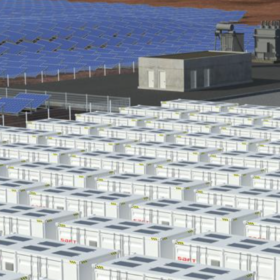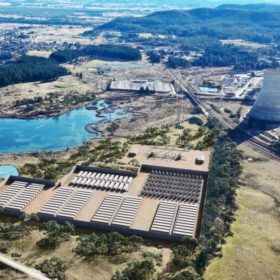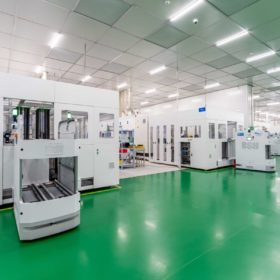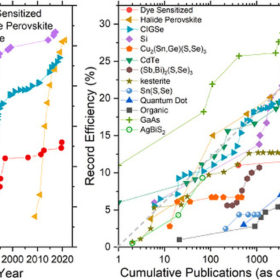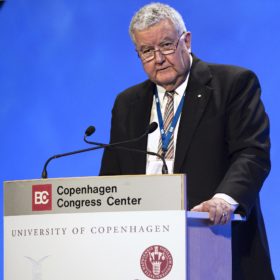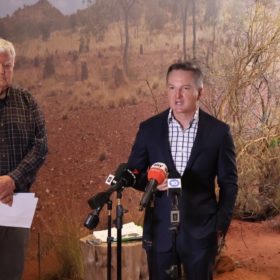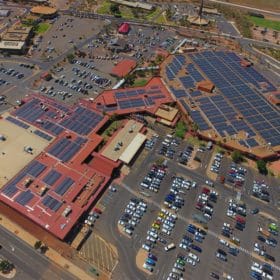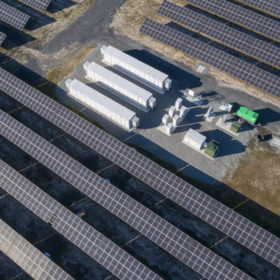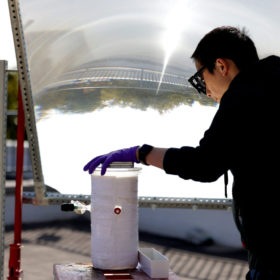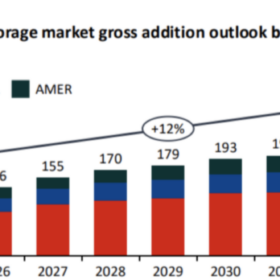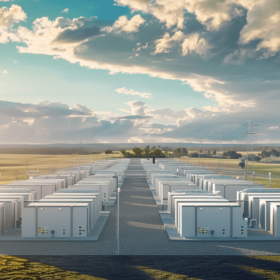Sun Cable enters voluntary administration
Sun Cable, the developer of the world’s largest solar and battery project, backed by two of Australia’s most powerful energy players – Andrew Forrest and Mike Cannon-Brooks – has entered voluntary administration. It is not yet clear what this will mean for the company’s hallmark project, the Australia-Asia PowerLink, though the company’s executives appear optimistic.
Contract awarded for New Zealand’s first big battery
New Zealand is set to have its first big battery by 2024, after Meridian Energy awarded a contract to build the 100 MW / 200 MWh Ruakākā Battery Energy Storage System to Saft, a subsidiary of TotalEnergies.
Shell acquires ‘mature’ 500 MW / 1000 MWh battery in former NSW coal power station
Shell Energy has acquired the development rights for a 500 MW / 1000 MWh battery located at the former Wallerawang coal power station site, near Lithgow in the Central Tablelands region of New South Wales.
Trina Solar starts producing 210 mm n-type TOPCon solar cells
Trina Solar says its industrial tunnel-oxide passivated contact (i-TOPCon) solar cells, based on 210 mm wafers, have started rolling off the production line at its 8 GW factory in China. It will use the n-type cells to produce its new Vertex N modules, with power outputs ranging up to 605 W, and an efficiency rating of 22.4%.
Solar cell efficiency growth correlated with R&D volumes
New research highlights the crucial role of R&D in improving solar cell efficiency. The researchers discovered that it is theoretically possible to measure the promise of new solar cell technologies at any stage of development.
Independent review finds Australia’s criticised carbon credit scheme ‘sound’
The independent review into Australia’s carbon credit scheme has concluded that the scheme is not fundamentally flawed, but could be improved by greater transparency and changes to its governance.
Labor outlines reform package for Australia’s ‘biggest climate policy’
Proposed changes to one of Australia’s most consequential emissions reductions policies, the Safeguard Mechanism, have been announced by Federal Energy Minister Chris Bowen. “This is the biggest climate policy that they nation will be debating this year so it’s very important it’s done right,” Glenn Walker, head of advocacy and strategy at Greenpeace Australia Pacific, told pv magazine Australia.
Commercial landlord begins battery foray following major solar rollout
Major shopping centre landlord, Vicinity Centres, has teamed up with Enel X to potentially deploy up to 50 MWh of cumulative energy storage capacity. The partnership kicks off with two battery fit outs in Victoria and New South Wales, and follows a $73.2 million (USD 50 million) solar rollout across Vicinity’s shopping centres.
Four global trends in solar and storage in 2023
A review of recent solar and storage related trends as seen by IHS Markit.
Photocatalytic water splitting with 9.2% solar-to-hydrogen efficiency
A US research team has developed a new technique to produce hydrogen from sunlight and water. It works in an indoor environment and uses pure water, concentrated solar light, and an indium gallium nitride photocatalyst.

